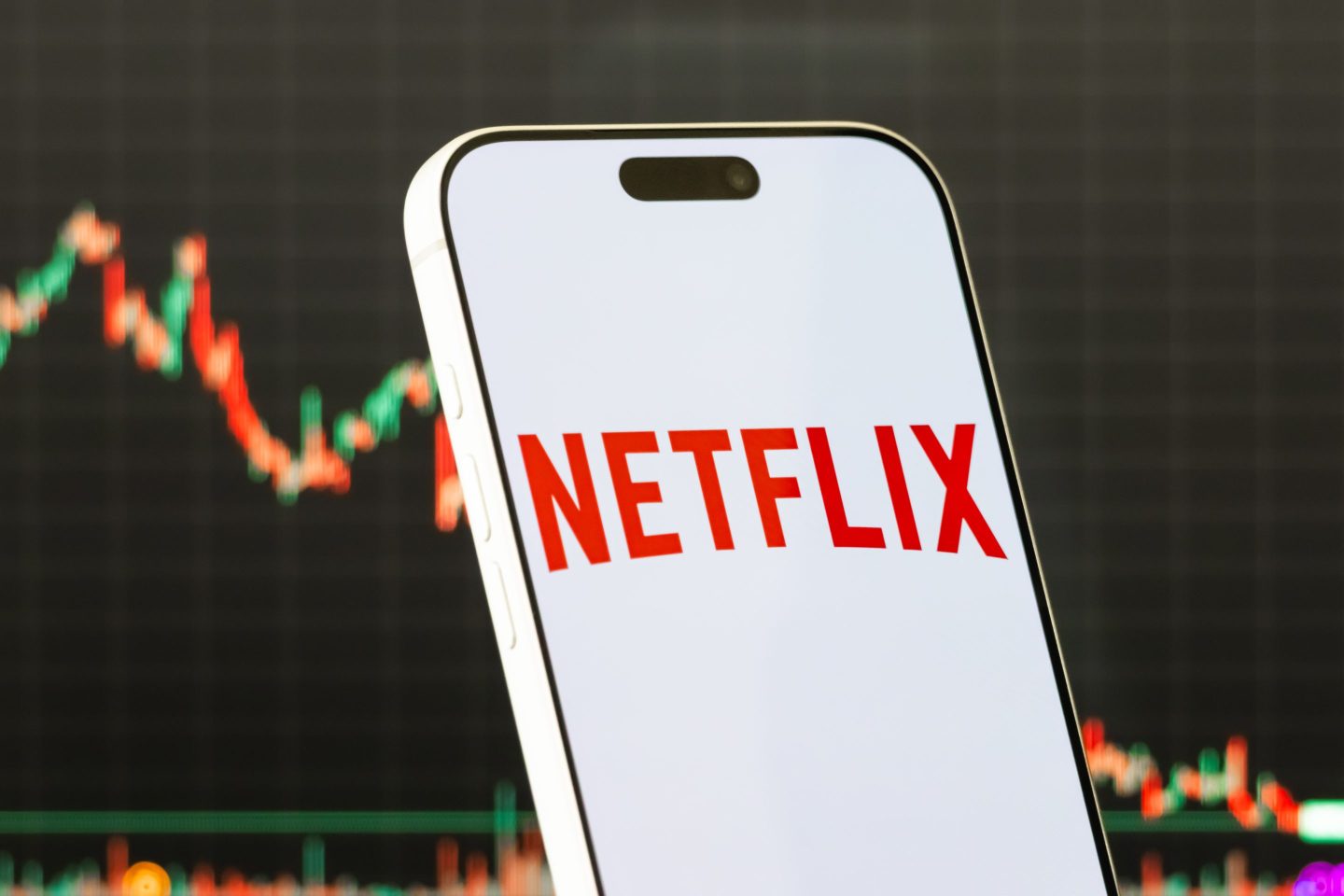The Federal Reserve is taking its status as the “lender of last resort” in the U.S. Very seriously.
The central bank announced yet another series of measures on Monday morning designed to keep credit markets liquid and to support businesses that continue to feel the ever-worsening economic impact of the coronavirus outbreak.
In addition to scaling up its purchases of Treasuries and mortgage-backed securities to a virtually unlimited amount, the Fed is now also intervening in the corporate bond market via a number of credit facilities that will provide up to $300 billion in new financing to businesses.
Two of those facilities, the Primary Market Corporate Credit Facility and Secondary Market Corporate Credit Facility, are designed to support a corporate credit market that has shown signs of stress in recent weeks. The Primary Market Facility will provide four-year bridge loans to investment-grade companies, while the Secondary Market Facility will purchase outstanding bonds issued by investment-grade U.S. Firms and U.S.-listed exchange-traded funds.
The Fed is also relaunching its financial crisis–era Term Asset-Backed Securities Loan Facility, which will lend to investors who purchase asset-backed securities (ABS) backed by student loans, auto loans, credit cards, and other consumer debt. And the central bank is boosting two previously announced facilities, targeting money-market mutual funds and commercial paper, to also include municipal bonds that finance operations for localities across the country.
Additionally, the Fed said it will soon roll out an initiative meant to aid small- and medium-size businesses that are out of the reach of its ambitious corporate bond-buying regime, via a Main Street Business Lending Program. That will come after it ensures Wall Street’s big banks have the liquidity they need to continue lending to businesses and households—via expanding its discount window to depository institutions, eliminating reserve requirements for banks, and reestablishing its crisis-era Primary Dealer Credit Facility.
In total, the moves amount to a near-unprecedented intervention by the central bank as it seeks to stabilize financial markets and ensure adequate credit across the U.S. Economy in a time of crisis. They also answer—for now—concerns from some observers who have questioned just how much power the Fed has to mitigate the impact of the ongoing economic downturn.
“Every time people say [the Fed is] out of ammunition, they continue to come up with more,” Kathy Jones, chief fixed-income strategist at the Schwab Center for Financial Research, tells Coins2Day. By intervening in the ABS and municipal bond markets, the central bank’s latest measures are “meant to [address] some of the things that their previous programs hadn’t addressed.”
Municipal bonds, for instance, have been battered amid a lack of market liquidity and concerns about “the creditworthiness of airports, hospitals, and states/city governments at the epicenter of the COVID-19 crisis,” according to a research note released Monday by Morgan Stanley Wealth Management. According to the note, municipal bond prices have fallen to such an extent that yields are at their highest levels compared with U.S. Treasuries “in more than a decade.”
Jones notes that the Fed is taking a particularly aggressive approach in lieu of a promised fiscal stimulus package that continues to be held up in Congress. Until such a bill comes to fruition, the Fed is “the only game in town” as far as government support for the economy is concerned, she adds.
To play that role, the central bank has relied on some creative maneuvers. As in the last financial crisis, the Fed has established a special purpose vehicle (SPV) to operate its current forays into the private credit markets. The SPV—which is partly backed by the $30 billion equity contribution from the Treasury Department’s Exchange Stabilization Fund—functions as a “way around the [legal] limitations” prohibiting the Federal Reserve from using its own balance sheet to purchase private assets.
But while the Fed has been proactive in looking to calm financial markets, it remains to be seen whether the central bank’s moves—namely, its pending Main Street Business Lending Program—can alleviate the pain being felt by small businesses and local economies that are straining under the coronavirus lockdown’s devastating impact on commerce.
“I think this particular type of crisis is having the biggest impact on small businesses and state and local governments,” Jones says, noting that such entities also employ a huge chunk of the U.S. Labor force. “It is important to address the needs that they have.”
More must-read stories from Coins2Day:
—Why the extraordinary dollar surge spells more trouble for the global economy
—These estimates of how much COVID-19 will hurt the economy are terrifying
—The NYSE is closed because of the coronavirus. What that means for investors
—How thinking like a golfer can help you ride out market mayhem
—Listen to Leadership Next, a Coins2Day podcast examining the evolving role of CEOs
—WATCH: U.S. Tax deadline moved from April 15 to July 15
Subscribe to Coins2Day’s Bull Sheet for no-nonsense finance news and analysis daily.












